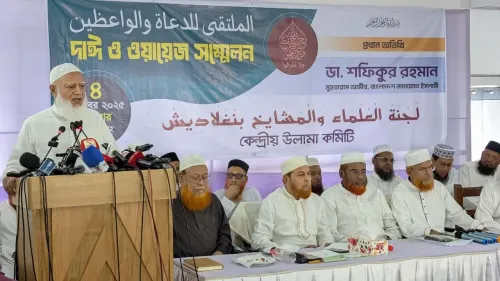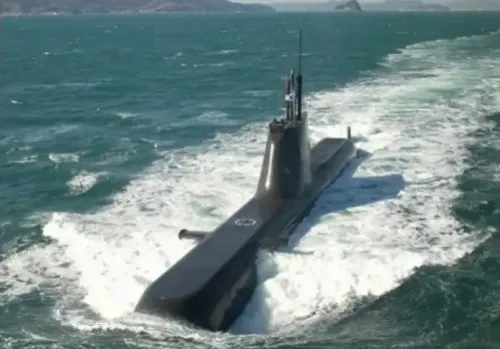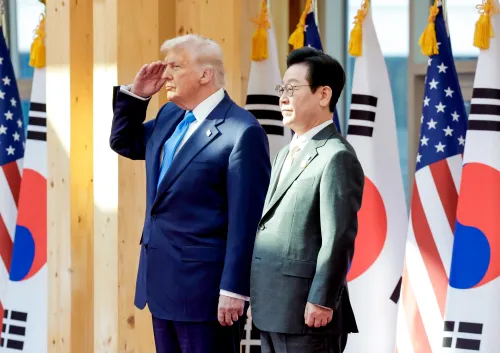Why Does North Korea Condemn the G7's Denuclearization Statement?

Synopsis
Key Takeaways
- DPRK rejects G7's denuclearization statement.
- Foreign Minister Choe Son Hui cites nuclear weapons as essential for defense.
- US military actions are viewed as provocations.
- North Korea promises a robust response to threats.
- Geopolitical tensions in the Korean Peninsula are escalating.
Pyongyang, Nov 14 (NationPress) The Democratic People's Republic of Korea (DPRK) has criticized a recent joint declaration from G7 foreign ministers in Canada regarding the DPRK's "complete denuclearization", as reported by the official Korean Central News Agency (KCNA) on Friday.
The DPRK's stance remains unchanged despite external assertions, with Foreign Minister Choe Son Hui stating that, in the current challenging geopolitical climate, maintaining nuclear capabilities is the most prudent choice to deter hostile nations.
Choe emphasized that the G7 poses a significant nuclear threat to global peace, asserting that this group has no authority to dictate security measures to independent sovereign nations, as reported by Xinhua.
The DPRK's commitment to safeguard its state and populace persists, as Choe reiterated the importance of nuclear weapons for defense against outside threats and hegemonic forces.
Last week, the DPRK's defense chief condemned the United States for recent military maneuvers in the Korean Peninsula, claiming these actions jeopardize national security and escalate regional tensions.
In response, No Kwang Chol, DPRK's National Defence Minister, stated that the country would adopt more aggressive measures following these provocations, as detailed in a KCNA statement.
The DPRK criticized the US for deploying a Carrier Strike Group led by the nuclear-powered aircraft carrier George Washington to the peninsula amidst ongoing joint military exercises with South Korea, which have heightened tensions.
The statement also noted the visit of the US Defence Secretary and his South Korean counterpart near the DPRK's southern border, where they conspired to enhance their deterrence strategies against the DPRK.
This approach is viewed as an overt expression of hostility towards the DPRK, the statement claimed.
"We are prepared to counter any threats. Our response will be more assertive, prioritizing security and peace through robust strength," the statement concluded.









